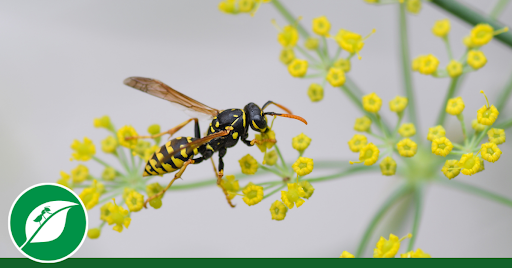The weather is warming up for good, so we’ll be spending more and more time outside of our homes. It also means more insects and bugs will be out to play, including the ever terrifying stinging insects.
There are a few major types of stinging insects to be on the lookout for: wasps, yellowjackets, and bees. While they all have stinging capabilities, some of them are more dangerous than others. Here’s everything you need to know about stinging insects this summer:
they can be dangerous
Wasps, yellow jackets, and bees are all capable of stinging. While bees only have one stinger they lose once they use it, wasps and yellow jackets can sting repeatedly. This is especially dangerous if the person who is stung has an allergy to the venom that’s injected. If you have an allergy, make sure always to carry an EpiPen and instruct someone to call 911 for you if your reaction becomes severe.
leave them alone
While wasps and yellowjackets are aggressive and could attack, bees are just trying to mind their own business and pollinate. It’s best to leave them be so they can get their job done. Bees are incredibly important to our ecosystem, so avoid killing them out of fear. In fact, we would even recommend planting native flowers and shrubbery to help the population of bees around you.
If you encounter a large swarm or hive of bees, it’s understandable to be afraid. But rather than panicking and attacking the bees, go inside, and call your local pest control. They’ll be able to remove the bees from your property safely.
To keep insects away from your home this summer, remember to clean up all food messes and avoid leaving standing water around your yard once you’re done outside. These both attract insects and all kinds of other pests. Need help removing these pests? Call us at (360) 506-6071!



